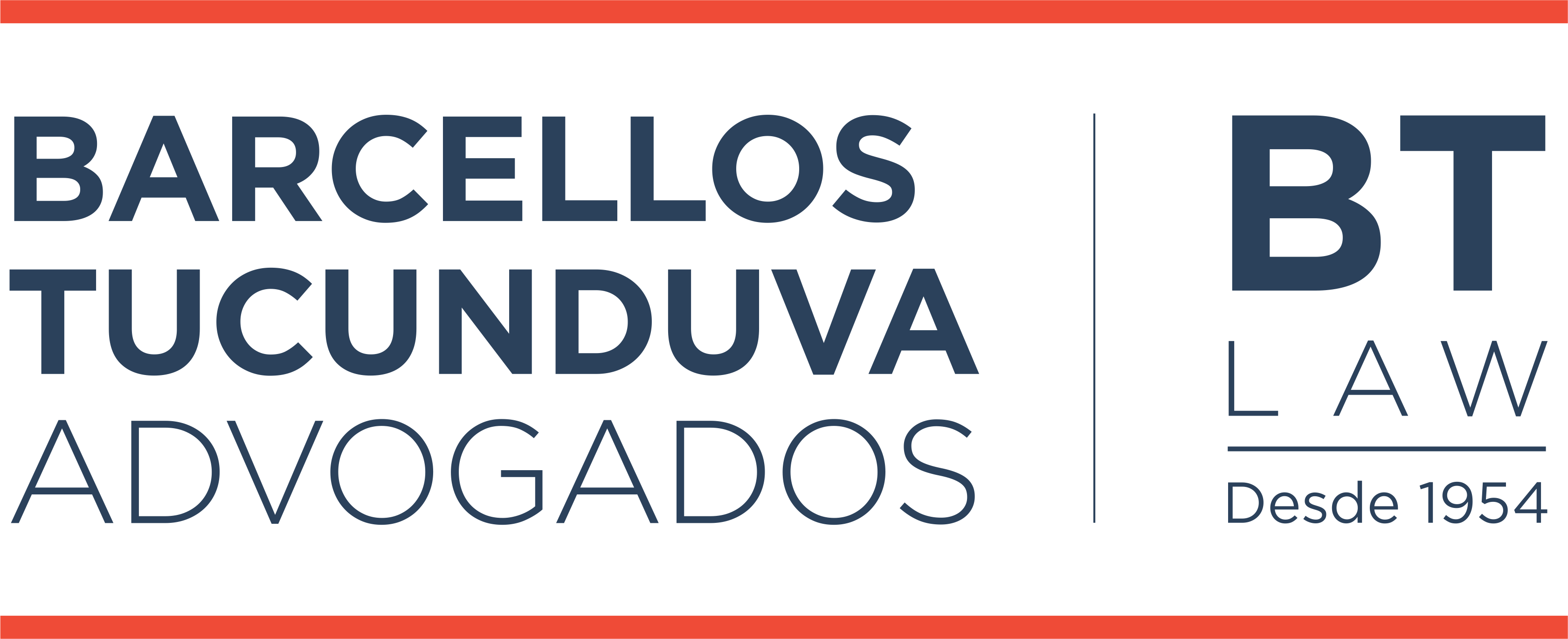On Thursday (14/12), Congress analyzed 14 vetoes to the Carf Bill. Of these, five were overturned
Senate President Rodrigo Pacheco during a session of Congress on Thursday. Credit: Marcos Oliveira / Agência Senado
By 360 votes to 72, the National Congress overturned five of the 14 presidential vetoes on the Carf Bill (2384/2023). As a result, the Federal Government is prohibited from making the so-called early liquidation of guarantees and must cancel the registration as an active debt of any fine that exceeds 100% of the amount of the debt.
On the other hand, vetoes were maintained for provisions that provided for the reduction of fines and the submission of disputes to the Federal Public Administration Mediation and Conciliation Chamber (CCAF). The determination that the IRS should provide preventive methods for self-regularization was also left out of Law 14.689/23.
Early settlement
One of the main points analyzed on Thursday (14/12) by Congress concerns the early settlement of guarantees. The provision means, in practice, converting the guarantee insurance offered by the taxpayer into cash after the first instance judgments in which the amount disputed by the taxpayers is upheld, even partially.
With the veto overturned, the bank guarantee or insurance guarantee can only be liquidated when there is no longer any appeal, i.e. after a final and unappealable decision has been made against the taxpayer.
Lawyer Anete Mair Medeiros, a partner at Gaia Silva Gaede, says that early settlement would force the taxpayer to pay in advance. "If you allow settlement before the final judgment, the taxpayer is forced to pay the amount. It's one of the most absurd things. If they win, they've already paid in advance," he explains.
According to lawyer Katia Gutierres, a partner at Barcellos Tucunduva Advogados, the early liquidation of the guarantee "goes against the constitutional principle of due process of law, as it subjects the taxpayer to the replacement of the guarantee by a deposit, resulting in a cash outlay to cover a tax debt, the existence of which is still being discussed before the Judiciary."
Today, there are decisions by the Superior Court of Justice (STJ) accepting the liquidation of collateral before the final judgment has been issued. One of the precedents was used by the Ministry of Finance to justify the veto. According to the Ministry, the provision approved by parliamentarians "would weaken the collection process, going against national case law".
The topic was indicated for analysis as repetitive by the STJ. Five cases on the subject (REsp 2.077.314/SC, AREsp 2.370.994/SP, AREsp 2.378.207/SP, AREsp 2.376.897/SP and AREsp 2.349.081/SP) were selected by Justice Assusete Magalhães as possible representative cases of the controversy. Through a repetitive appeal, the court establishes a thesis on a subject that has been the subject of multiple appeals in the Judiciary, and the understanding must necessarily be followed by the other instances and by the Administrative Council for Tax Appeals (Carf) in identical cases.
Experts consulted by JOTA, however, point out that if the veto is overturned, the discussion in the STJ will be hampered because, as it is a procedural law, the provision will apply even to ongoing cases.
Tax lawyer Eduardo Natal, a partner at Natal & Manssur, pointed out that if the STJ or Congress were to validate the early execution of guarantees, taxpayers would find it very difficult to obtain bank sureties and guarantee insurance, given the likely financial increase that financial institutions would impose on contracting these guarantees.
"In my opinion, a decision in favor of tax interests will be, in addition to a setback, a 'backfire', as we will see taxpayers unable to contract guarantees and who will end up with tax debts dragging on unresolved for many years, given that the presentation of an asset for seizure or a guarantee are necessary conditions for filing a motion to stay enforcement," he concluded.
Fines
Vetoes were also overturned in relation to fines that exceed 100% of the value of the tax credit. In addition to prohibiting penalties above this percentage, the law will now stipulate that the National Treasury Attorney General's Office (PGFN) must, regardless of the taxpayer's request, cancel the registration as an active debt of the entire amount of the fine that exceeds 100%.
On the other hand, vetoes were maintained for provisions that provided for a reduction in fines. One of them defined, for example, a reduction of up to 1/3 of the amount of the 75% fine applied for non-payment or inaccurate declarations. According to the text previously approved by Congress, the penalty could be reduced by a third in cases of "excusable error by the taxpayer" or in situations where the taxpayer acted "in accordance with the repeated practices adopted by the Administration or by the market segment in which it operates".
In addition, the veto against the article that defined that the defendant capable of obtaining insurance or a bank guarantee could only offer a guarantee for the updated principal amount of the debt, not including interest and fines, remained in place.
The veto of the section that provided that disputes involving debates between the tax or customs authority and the regulatory body would be submitted to the Federal Public Administration Mediation and Conciliation Chamber (CCAF) was also maintained.
On this point, lawyer Luciano Martins Ogawa, partner at Ogawa, Lazzerotti & Baraldi Advogados, said that the veto "represents a step backwards and goes against the pursuit of an administration that seeks justice and conflict resolution".
Lastly, vetoes were maintained for sections that obliged the Revenue Service to provide preventive methods for self-regularization of main or ancillary obligations relating to taxes it administers and that altered the regime for cooperatives.
Source: Jota
